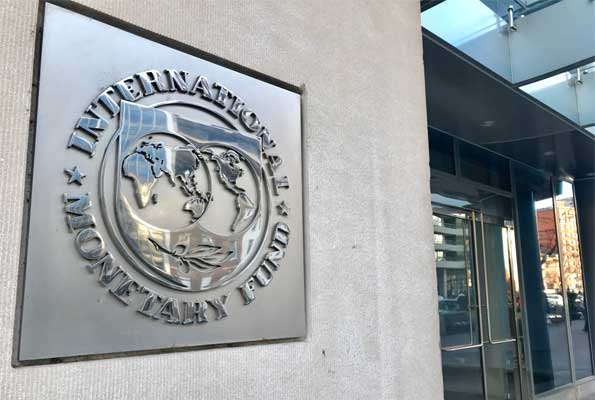To make its foreign direct investment figures more accurate and transparent, Saudi Arabia has collaborated with the International Monetary Fund (IMF).
The General Authority for Statistics (GASTAT), the Central Bank of Saudi Arabia, and the Saudi Arabian Ministry of Investment have reportedly adopted a novel strategy with technical assistance from the IMF for the Kingdom’s FDI reporting, according to the Saudi Press Agency.
Khalid Al-Falih, the Saudi Minister of Investment, stated that the new methodology was part of ongoing improvements in Saudi Arabia’s data accuracy and transparency as the country’s economy and investment ecosystem continue to develop ‘Vision 2030’ and the ‘National Investment Strategy’.
He stated further, “Saudi Arabia offers investors access to the largest and fastest-growing market in the region, the Saudi market, as well as a fantastic platform to access regional growth opportunities throughout the Middle East and beyond.”
Investors will be able to make decisions with much greater assurance and knowledge if the Kingdom’s FDI statistics are improved, and the Kingdom will be able to change its policies to draw in even more investment.
“The data will corroborate that the Kingdom’s performance in capital formation and FDI attraction has consistently improved, securing the Kingdom’s status as a top investment destination,” Al-Falih added.
“And with the introduction of the National Investment Strategy, the creation of special economic zones, the Supply Chain Resilience Initiative, or our giga-projects, we are always working to entice investors from all over the world to Saudi Arabia,” Al-Falih continued.
The IMF has validated the FDI methodology, according to Fahad Abdullah Aldossari, head of GASTAT, and it is in line with the IMF’s Balance of Payments Manual. Additionally, he said that the process will increase accuracy.
“FDI statistics will aid policymakers in developing strategies to build an inviting investment ecosystem and highlight the investment opportunities in the Kingdom,” he said.
“With the use of this methodology, GASTAT aims to broaden the data sources it uses, improve the sources’ dependability, and offer more precise statistics, such as the stock of FDI and inflows based on economic activity and foreign investments in the Kingdom. Additionally, GASTAT offers FDI data through quarterly surveys,” the official added further.
He continued, “This is part of GASTAT’s commitment to deliver accurate, thorough, high-quality, and transparent statistical data.”
Saad Alshahrani, the deputy minister for Economic Affairs and Investment Studies, stated that having access to precise data was essential for improving and monitoring the local economy as well as the performance of Saudi investment, in addition to measuring progress and development.
“The government has methodically gone back through the individual financial statements of thousands of enterprises over the past two years. A total of 70,000 data files have been produced for the update, which will aid in choosing investment priorities and tracking success across industries and source nations,” according to Alshahrani.
The IMF has voiced support for the Kingdom’s initiatives to enhance the collection of FDI statistics during its Article IV consultation.
The report indicated that the staff welcomed continued plans to improve FDI data compilation based on new statistics manuals and guides with assistance from Fund technical assistance.
The World Bank concurs with the suggestions made by the IMF in its technical assistance report on Saudi Arabia, and the United Nations Conference on Trade and Development has recognized that the new methodology complies with international standards and the IMF’s Balance of Payments Manual.
Talking about the FDI inflow in the Kingdom, the Gulf nation saw investments from the European Union registering strong growth in 2022, compared to 2021.
The trade volume between Saudi Arabia and the EU amounted to 80 billion euros in 2022, representing an annual growth of 30%.



